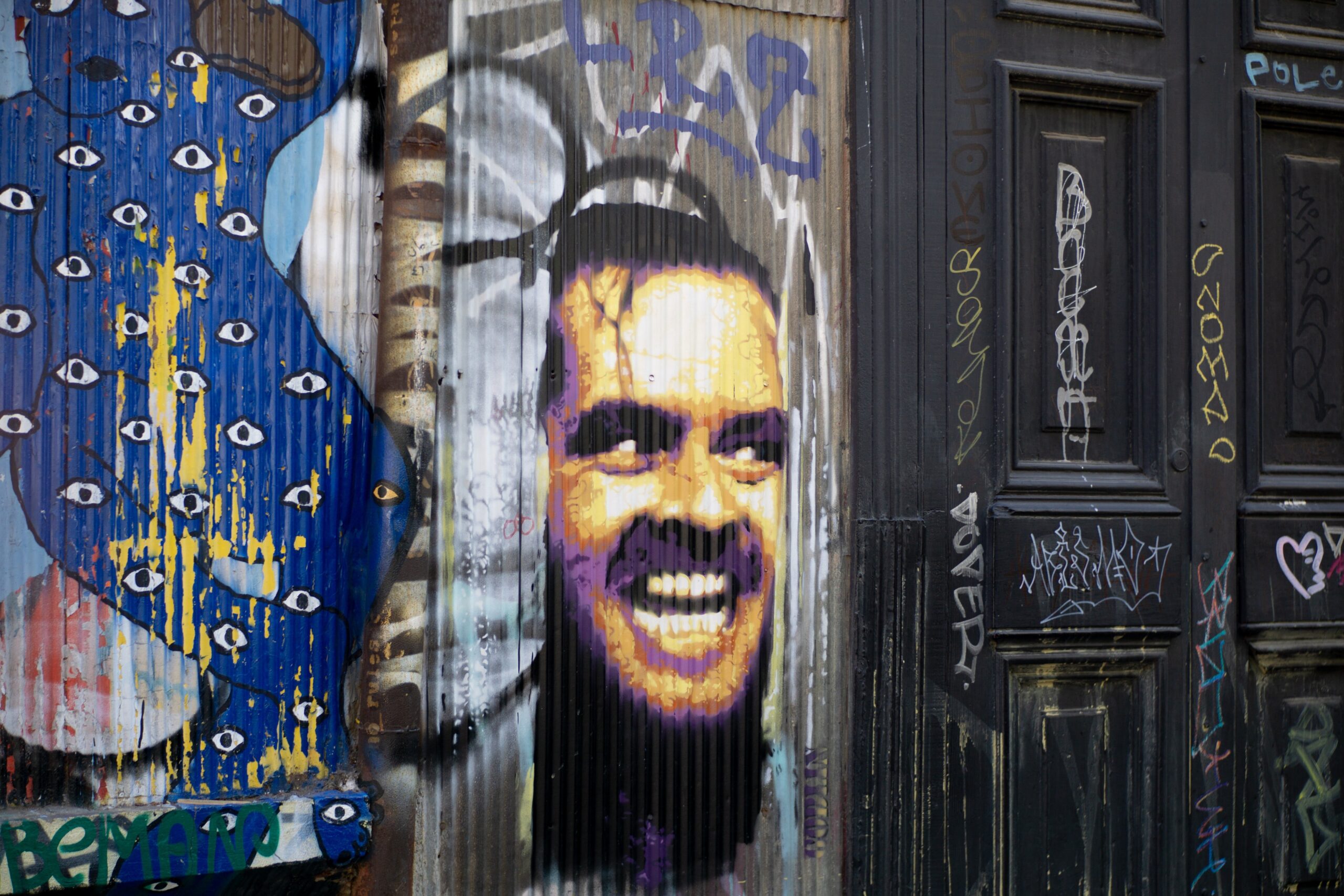I could never understand people who did their laundry with horror movies in the background, until the pandemic. The lack of a commute or a social life gave me the time to watch all those famous movies I hadn’t seen before. But mostly, I ended up watching scary ones. The relief of not having to […]










